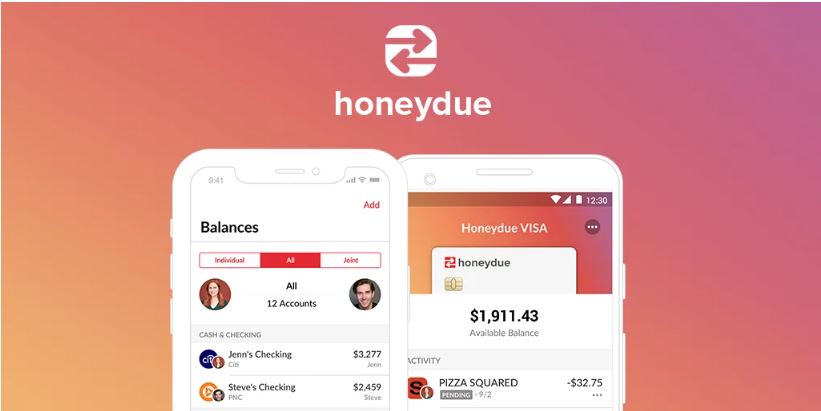Were you wondering why it was impossible to trade Chinese Currency (Yuan) in Forex? China being the strongest country in the world regarding its GDP and Purchasing Power Parity (PPP), it is surprising that trading CNY remains unavailable. We explain why down below, so keep on reading.
What CNY stands for?
It stands for the Chinese Yuan and the currency symbol for the Yuan is ¥. The Chinese Yuan is also called Renminbi (RMB), which is similar to the sterling and the pound in the UK. In other words, they are essentially the same thing. In Hong Kong, the international abbreviation is sometimes different, instead of CNY, you will see CNH, depending on the negotiation location of the transaction (offshore or onshore). In other words, if the money comes from a bank that is located outside of the Chinese Mainland, then it’s always going to be CNH.
Why can’t I find the Chinese Yuan in Forex trading?
You won’t be able to find the Chinese Yuan (CNY) in Forex exchanges, however, you can find its offshore version, CNH. To understand their difference, here’s a brief explanation that we hope will shed some light on the matter:
First, you have the offshore Yuan, which is represented by the abbreviation CNH. The latter is not regulated by the PBOC and is in fact available in the best Forex trading platform in the UK, commonly paired as USDCNH. Consequently, the fact that the CNH Yuan is pegged to the US Dollar here, means that its value will fluctuate in correlation with the USD. The Chinese government is obviously against the idea of going the public trading route with its onshore CNY currency for now, and it doesn’t look like it will change anytime soon.
And of course, since we are on the subject, we also have the onshore Yuan, CNY, traded only within the Chinese mainland. The CNY is entirely regulated by the PBOC (the People’s Bank of China). Traders in China are allowed to trade within 2% of the rate range defined by the PBOC, which is set every weekday morning. As a result, you won’t see CNY on the Forex exchange list.
Is trading the Chinese Yuan (CNH) risky?
It is undeniably a high-volatility market, which can sometimes represent good opportunities in the short and medium-term scenarios. However, due to the PBOC’s influence on the CNY price, the currency’s value is not allowed to be determined by the free market yet. Traders and speculators alike can have a hard time determining whether or not an investment in the USD/CNH pair is a good one. As long as the Chinese government won’t open up its door on that front, the Chinese Yuan CNY won’t be traded in Forex, unfortunately.
Is it possible to convert CNH to CNY?
In general, Chinese companies will be able to convert CNH to CNY without any problem. As for the other way around, since the CNY is strictly regulated by the Chinese authorities and the Public Bank of China (PBOC), it is a bit more complicated to convert CNY to CNH. Indeed, this means that the money is going from a bank account in mainland China to a bank account located offshore.
In order for a bank to be allowed to make a payment transfer onshore, the latter has to use the CNAPS routing code, which stands for China National Advanced Payments System. This code is the equivalent of the branch number one would use to make a payment. That said, this ‘branch number’ is used by the PBOC for any payments being cleared in mainland China. The protocol CNAPS2 is also mandatory since its launch in 2014 if you want to trade Forex CNH. Simply put, the payer will need to indicate the purpose of the purchase with the help of one of the following standardised payment codes:
- Payments for goods: /CG0DDR/
- Payments for services: /CSTRDR/
- Cross border capital transfers: CCTFDR/
- Others – current account transactions: /C0CADR/
That concludes our answers to the big questions for today. Hopefully, it helped you better understand the current situation with the Chinese currency and Forex trading.








Add Comment